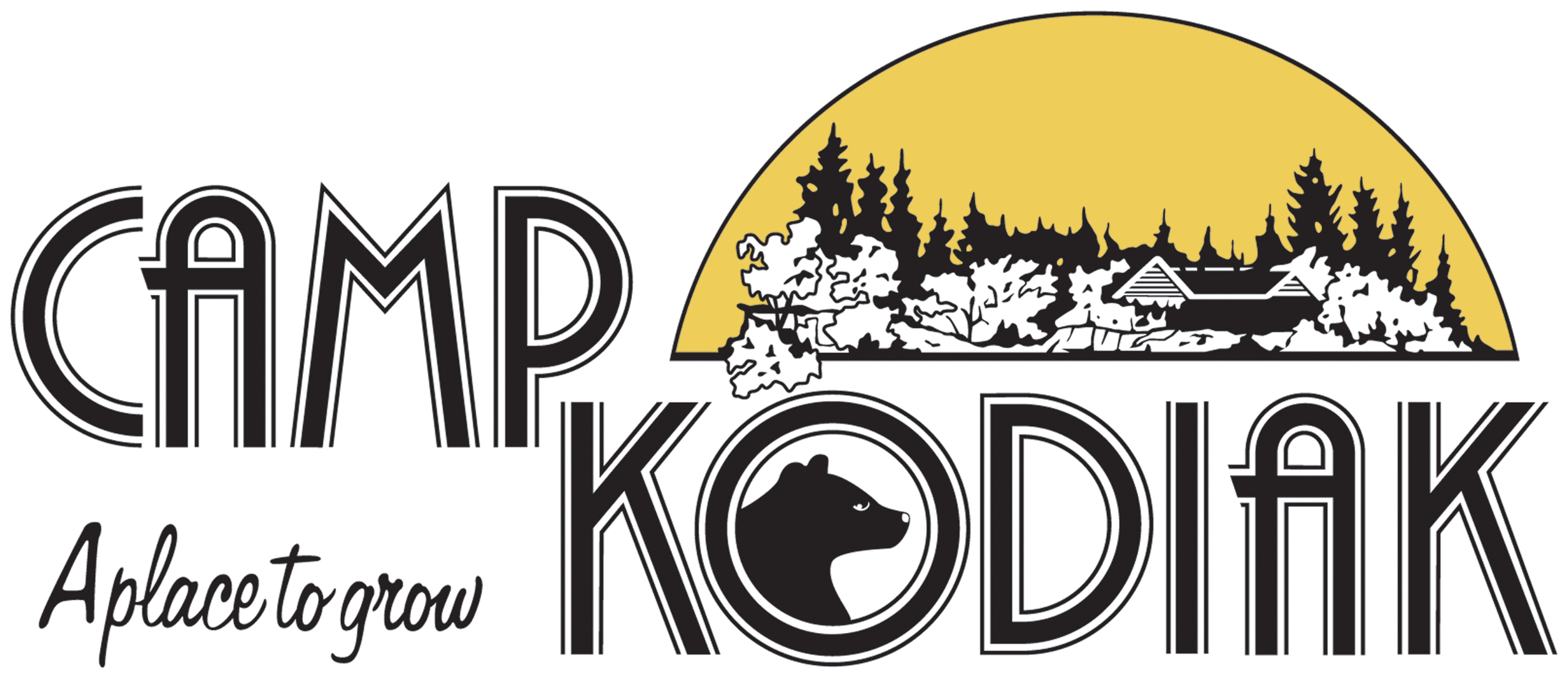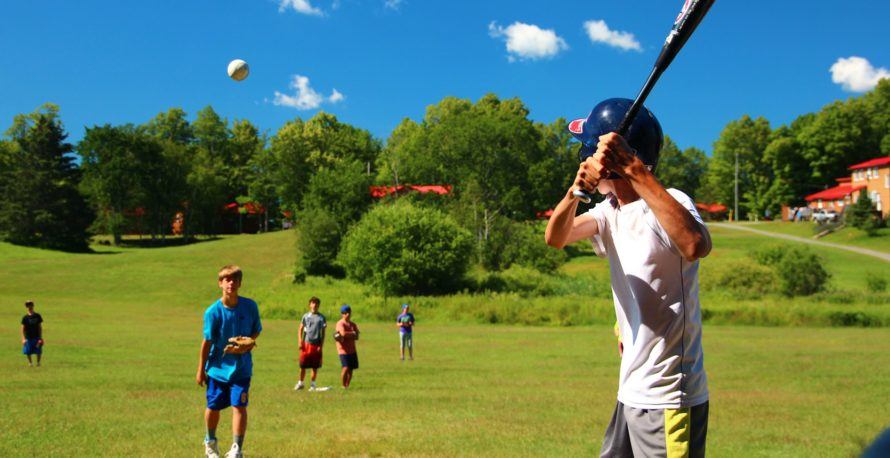A few years ago, with funding from the Ontario Camps Association (OCA), researchers at the University of Waterloo set out to examine the outcomes of the Canadian summer camp experience and answer the question, “What are the benefits of a child attending summer camp?”. As a long-time camp counsellor and camp administrator, I was not surprised to read that summer camp presents a unique opportunity for exponential growth in children. In this study, titled The Canadian Summer Camp Research Project, summer camp was found to promote positive change in five key areas of development:
- Social Integration and Citizenship
- Environmental Awareness
- Attitudes Towards Physical Activity
- Emotional Intelligence
- Self-Confidence and Personal Development
At Camp Kodiak we see each of these areas in action every day of the summer. Indeed, one of our slogans is that camp is “a place to grow”. Ultimately, when unpacking the growth in each of these key areas, we can see that summer camp is one of the best choices that parents can make for their child.
Over the next 5 blog posts I will explore each of these five keys areas and why choosing Camp Kodiak can be your child’s place to grow.
- Emotional Intelligence
One of the things that we ask our families before a camper comes to camp is what goals they have for their camper. While the wording sometimes changes, there are two answers that are always present: families want their camper to make friends and have fun. The Canadian Summer Camp Research Project identifies social growth as one of the key areas where children grow at camp, and making friends is a natural by-product of social growth. But how can we measure whether a camper has fun?
In the project, emotional intelligence is defined as “the ability to recognise and deal with one’s own emotions and the emotions of those around you at an age appropriate level” (Glover, 2018). Posie Taylor, writing for the American Camps Association observed:
A set of abilities, collectively called emotional intelligence, has much to do with how children grow and succeed. These skills – self-awareness, self-control, empathy, the ability to wait (delayed gratification), the ability to listen, cooperate, share and work well with others – are actually better predictors of adult success and happiness than traditional IQ scores. (Taylor, 2005).
If a child is able to better engage with their own emotions and the emotions of others, they can lead happier, more successful lives.
Here is where we can qualify fun and happiness: if a child is able to better engage with their own emotions and the emotions of others, they can lead happier, more successful lives.
At Kodiak we see campers having fun all the time – it is clear by the smile on their face that they are enjoying their time at camp. But we also do some subtle things that enforce the idea of summer camp being a place for emotional intelligence to grow. Our bedtime routine in every cabin includes things like having a snack and brushing your teeth. But in every cabin, every night, there is also a bunk meeting. During a bunk meeting campers and counsellors have a chance to reflect on the day, and discuss some parts of the day that were great, but also parts of the day that weren’t great. Each person has a chance to share their feelings, but they also have a chance to reflect on how their peers are feeling. Our experienced staff can help to pull some conclusions out of the discussion, on successes of the day, but also on how the next day can be even more successful. While we call them bunk meetings, these may also be referred to as community circles, and are often used as restorative practices: catalysts for repairing social conflicts.
Even little things that we do in our routines assist with the growth of emotional intelligence. One of the posted rules at activities is “encourage your friends”. At the start of the period the instructor will even ask what it would sound like when you are encouraging someone. Even when a camper is waiting their turn at an activity, we are also providing gentle instruction to increase their emotional intelligence. And if a camper goes home better able to understand their feelings and the feelings of those around them, they (and their families) will be so much happier for that growth.
Read the other sections of this blog series:
Part One – Social Integration and Citizenship
Part Two – Environmental Awareness
Part Three – Attitudes Towards Physical Activity

